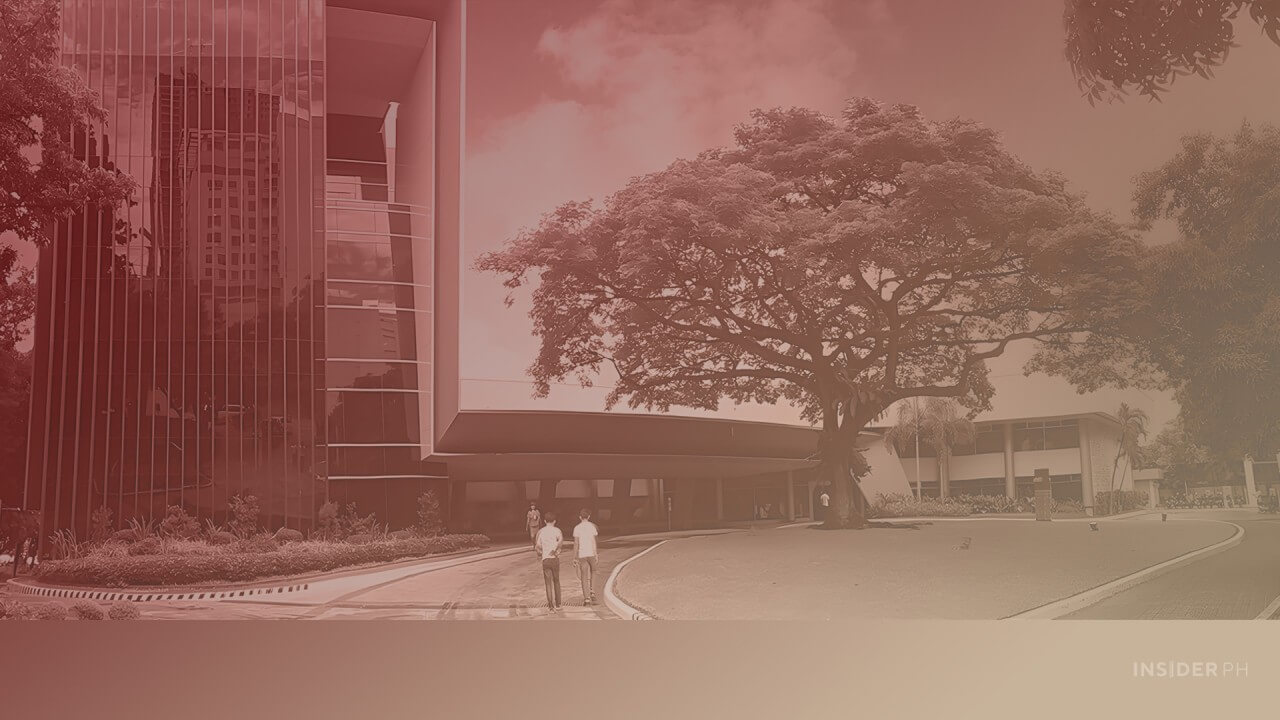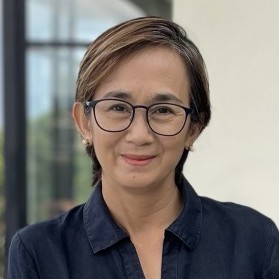

Such is the case in the Aboitiz Group, one of the Philippines’ largest and oldest conglomerates, with investments spanning power, banking and finance, infrastructure, food, real estate, and tech innovation.
The big picture:
Aspiring family members have to go through formal training, written exams, and sit through interviews with ranking officers, often senior relatives, before they can get in.
Once they’re in, they are expected to work harder not only to prove themselves but also to set a higher bar for the next generation.
During the Mandaue Chamber of Commerce and Industry (MCCI) Business Summit on Aug. 27, Anton Perdices, chief operating officer of AboitizPower Distribution Utilities, said that while family ties may play a role, it is meritocracy enables one to gain entry and ascend in the company ladder.
Not everybody makes the cut
“Some family members are not accepted. Some family members are asked to leave because they are not performing properly,” Perdices said during the summit’s panel discussion where cousin, Rafael Aboitiz, was the main speaker in the forum “Bridging Generations: From Family Roots to Industry Leadership.”
“Being a family member just raises the bar and makes it, you know, more challenging and puts more pressure for us to succeed because we don't have a plan B and we are in for a long haul,” he added.
Perdices, the eldest in the fifth generation to work in Aboitiz, said he started with the Aboitiz Group in 2008, working with the construction business.
In April 2014, he was transferred to take over Visayan Electric, the country’s second largest electric utility in Metro Cebu, serving four cities and four towns in Metro Cebu.
Where family traditions meet business lessons
Perdices, son of Mariano and Maricar Perdices, recalled that at a very early age, they would attend family meetings like the Sunday tradition of gathering at a beach house owned by his grandparents where there would be a mix of personal and business talk.
“So, at a very young age, you're kind of listening while enjoying the really good pika pika. (finger food). You hear what the business is about, right?” he added.
Now, every five years, the family gathers for a reunion where family shareholders are presented with a report on past performance and future business plans to keep them involved.
Last year, there were about 500 attendees. Of the 500, only 19 work in the organization.
Perdices noted that every fifth-generation member is being monitored on the spreadsheet — including their age, educational background, current location, and other relevant information.
Not a right, but a privilege earned the hard way
He said the company has a rule requiring members to gain at least two years of work experience outside the family business to better understand life beyond it.
He added, however, that there is a proposal to extend the two-year tenure. Some found it too short to truly gain experience working in other companies—insights that could later be brought into the family business.
How does one get chosen to work for the company?
Perdices noted that the primary consideration was education, along with the alignment of the family member’s profile with the business.
They must undergo stringent tests, including IQ (intelligence quotient) and EQ (emotional quotient), before being interviewed by various board members, many of whom are their uncles.
“It is a privilege, not a right (to join in the business),” he added.
No shortcuts: Training before leading
Rafael Aboitiz, vice president and head of airports at the Aboitiz InfraCapital Inc., said he just came from work abroad when he was asked to join the business to manage a team in Manila – a city he had never lived in since he grew up in Cebu. It didn’t help that he could not speak Filipino.
He underwent a six-month management training program in Manila to familiarize himself with the business. When asked where he wanted to build his career, he chose to work with people—because that’s where his heart has always been.
When the topic of family competition came up, Rafael noted that it helped to have a large clan, with members working in different areas of the business. But he said he believes competition within the family is a good thing because it keeps them on their toes.
“It keeps you competitive in a sense that you're being held to a higher standard. I believe that one of the unspoken successes of the family is that each generation sets themselves with higher standards. So in every generation, the standard of the family is only going to be higher,” he said.
Perdices, for his part, said what makes Aboitiz Group unique is that all 19 of them working for the company were all spread out in different business units at different levels.
This way, he added, they have a really good grasp of what was going on in the organization, whether it is good or bad.
Another advantage, he said is that “they know that you have their back.”
'Intentional stewardship'
Rafael said in his talk that the family business has lasted five generations because they work hard to pass down not just the businesses, but also their core values—integrity, teamwork, innovation, and responsibility.
Another factor was intentional stewardship, which provided guidance on resolving issues, planning for succession, and ensuring continuity.
“For me, bridging generations is less about physical inheritance and more about inheritance of stewardship. The responsibility to take what was given to us, to grow it and then to pass it on better and stronger to those who will come after us,” he said.

Contributor